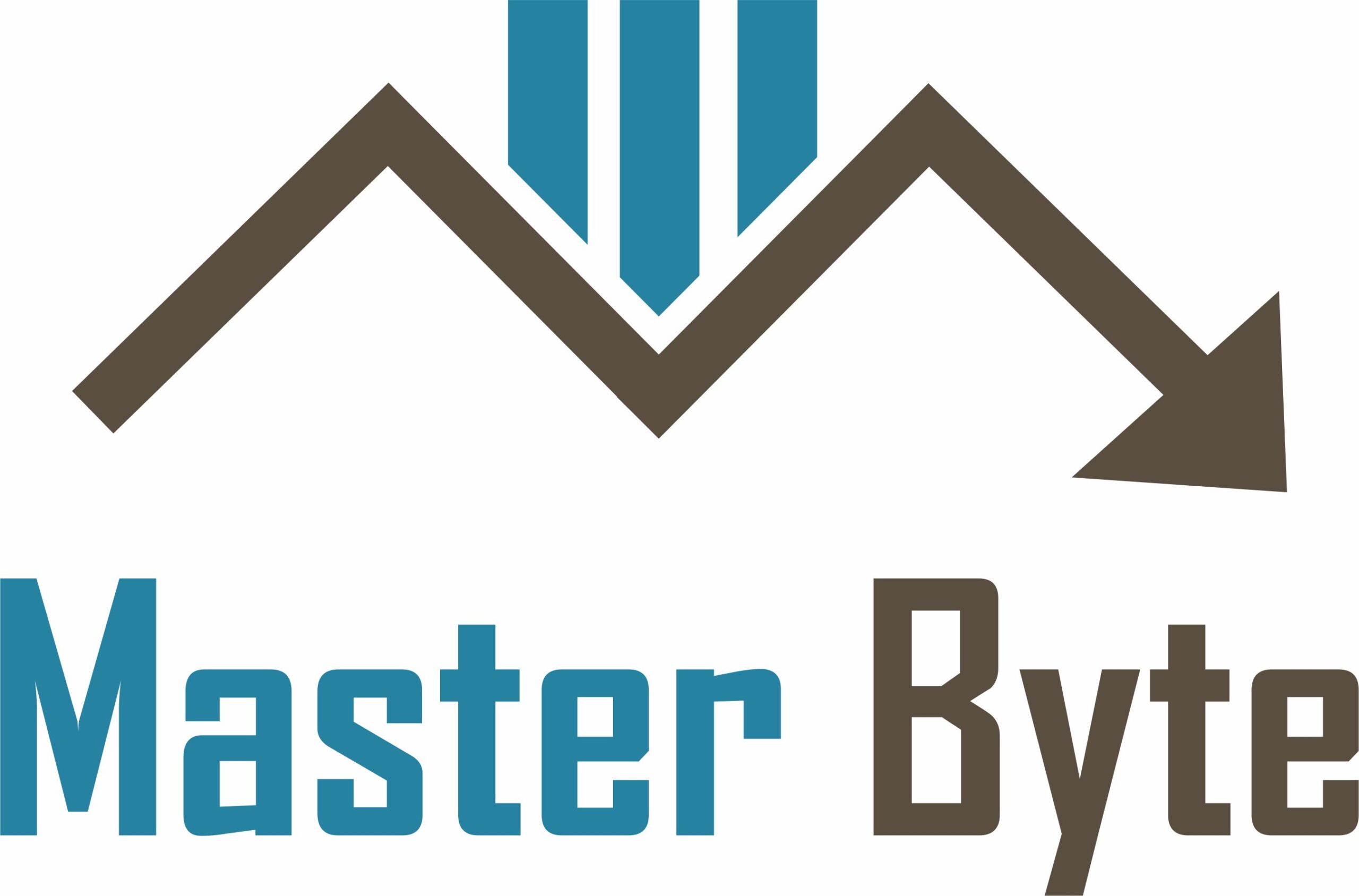Given companies’ growing reliance on cloud-based solutions, cloud application security has become a key concern. Rapid evolution of cyber threats calls for organisations to have robust security policies in place to protect private information. Since cloud apps may include important corporate data, they are great targets for hackers. Companies run the danger of data leaks, financial loss, and reputation harm without appropriate security systems.
How Cloud Application Security Reduces Cybersecurity Risk
Combining encryption, authentication, and access restrictions, cloud application security guarantees data integrity. Modern security tools include real-time monitoring, multi-factor authentication (MFA), and artificial intelligence-driven threat detection assist spot and stop any cyberattacks before they start to do damage. Strong security systems help businesses reduce phishing attack, ransomware, and illegal access to their cloud-based systems-related dangers.
Compliance’s Place in Cloud Application Security
Security of cloud applications depends much on regulatory compliance. Companies operating in sectors such banking, e-commerce, and healthcare have to follow rigorous data security rules. To protect user data, standards like GDPR, HIPAA, and ISO 27001 demand companies to use safe cloud solutions. Ignoring these guidelines could result in legal fines and damage of client confidence.
Why Essential for Business Communications is Secure Email?
In the business sector, email is still the key means of contact, hence hackers often target it. Protection of private data against phishing schemes, viruses, and email spoofing depends on safe email solutions. Employees could unintentionally open dangerous attachments or click on bogus links without enough security precautions, therefore causing data leaks.
The salient characteristics of a secure email system
End-to–end encryption, spam filtering, and threat identification are part of a secure email system help to ward cyberattacks. Encryption lowers the danger of data interception by guaranteeing that the intended receiver alone may access the communication. Advanced security mechanisms such DKim (DomainKeys Identified Mail) and SPF (Sender Policy Framework) assist to authenticate email origins and stop spoofing attempts. Combining these security elements helps companies improve their email protection plans.
How Cloud Application Security Improves Email Protection?
Strong cybersecurity framework is created by the cooperation of cloud application security and safe email solutions. Using artificial intelligence and machine learning, cloud-based email security systems spot odd trends and identify suspect behaviour. Centralised cloud security management also lets IT teams track email risks and react aggressively. Combining email security with more general cloud security solutions helps companies to lower vulnerabilities and increase their general cyber resistance.
Best Strategies for Boosting Secure Email and Cloud Application Security
Organisations should use best practices include staff cybersecurity training, frequent software upgrades, and robust authentication systems if they want to maximise safety. By teaching staff members about phishing attempts and dubious email red flags, security concerns may be much lowered. Moreover, using a zero-trust security approach guarantees that only authorised users may use email systems and cloud services, therefore reducing possible risks.
Conclusion
Giving cloud application security top priority and safe email solutions top importance is not discretionary as cyber dangers change; it is rather required. Companies have to implement cutting-edge security policies to guard their digital resources, private information, and avenues of communication from hostile actors. Organisations may maximise their defence systems and reduce security threats by combining cloud security solutions with safe email policies. Visit censornet.com for other ideas on strong cybersecurity plans.

